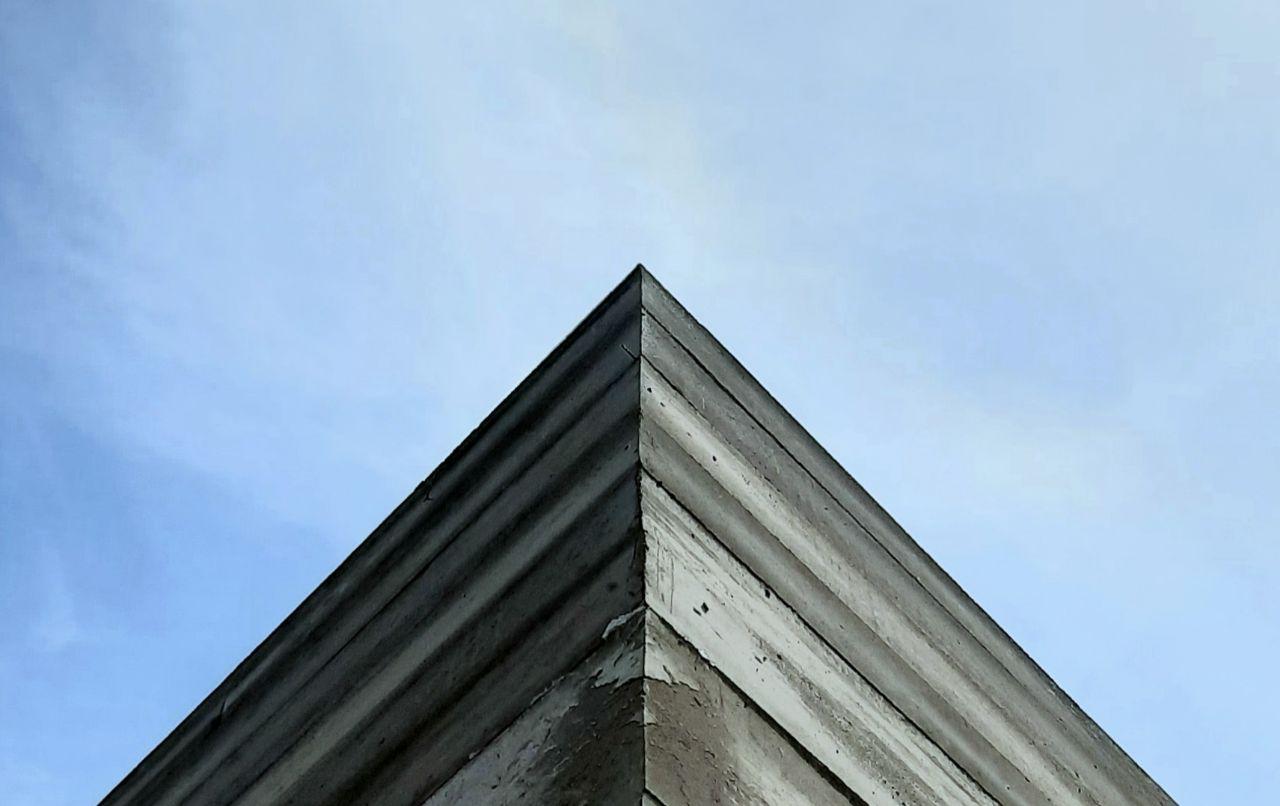

ABOUT
We are SHL Asia, a Bali based consultant, specializing in landscape and architecture design. Synergies of growing spirits who enjoy enrich the color of the human civilization through creative ideas.
LATEST POSTS
TAG CLOUD
adiwanahotels
architecturedesign
artwork
baliarchitect
balilandscapearchitect
balineseculture
balinesegarden
balineseidentity
balivilla
cloudnineestate
creativitybeyondlimit
culture
designbystyle
designelement
designexperience
gilitrawangan
happybirthdayshlasia
hardscape
hospitalitydesign
interiordesign
landscapearchitecture
landscapecontractor
landscapedesign
landscapedesigner
natunaisindonesia
newsletter
newyear
pesonaindonesia
pottery
shlasaiexperience
shlasia
shlasiadesign
shlasiaexperience
shlasiapeople
shlasiavirtualexperience
shlstudio
shlupdates
sidemen
softscape
storynomicdesign
tropicalgarden
tropicallandscape
tropicalvilla
ubud
workspaceandculture
CATEGORIES
ARCHIVES
- April 2024 (2)
- February 2024 (2)
- September 2023 (1)
- August 2023 (3)
- July 2023 (2)
- June 2023 (1)
- May 2022 (1)
- March 2022 (1)
- November 2021 (1)
- July 2021 (1)
- April 2021 (1)
- February 2021 (1)
- December 2020 (2)
- November 2020 (1)
- October 2020 (1)
- September 2020 (1)
- August 2020 (1)
- July 2020 (1)
- June 2020 (1)
- May 2020 (1)
- April 2020 (2)
- March 2020 (1)
- January 2020 (1)
- December 2019 (3)
- October 2019 (1)
- September 2019 (2)
- August 2019 (1)
- July 2019 (1)
- June 2019 (1)
- May 2019 (1)
- April 2019 (2)
- March 2019 (1)
- January 2019 (1)
- December 2018 (1)
- November 2018 (1)
- October 2018 (1)
- September 2018 (1)
- August 2018 (2)
- July 2018 (1)
- June 2018 (1)
- May 2018 (1)
- April 2018 (2)
- March 2018 (1)
- February 2018 (1)
- January 2018 (1)
Tag cloud
gardenofandaz
intern
landscapedesign
shlasiavirtualexperience
yadnya
local materials
naturalmaterials
balivilla
pramanaexperience
culturaltourism
citadinesberawabeach
redefineluxury
balinesetemple
balilandscapearchitect
concretearchitecture
covid
bismaeight
shlasia10thanniversary
Awards
balilandscapearchitecture
piodalanceremony
interiordesign
privateresidence
tanadewa
reflect
imeldaakmal
pottery
shlasiadesign
concrete
baliresort
localculture
architectureday
baliarchitect
storynomicdesign
balivillage
happynewyear
adiwanajeevalokha
shlasaiexperience
designbystyle
adiwanahotels
terracotta
newyearnewme
localidentity
lamak
designexhibition
jimbaranbaybeach
balinesedesign
andazbyhyatt
sidemen
citrarenintainterior
shlasiaculture
balinesearchitecture
iaibali
adiwanajelitasejubanatuna
privateweekendhouse
tropicalgarden
balineseidentity
luxuryhotelaward
monthoflove
adecadeofshlasia
shlasia
preservingheritage
designexperience
landscapedesigner
ubudhotel
indonesiaarchitect
indonesianyoungarchitects
pesonaindonesia
ubudvilla
kartiniday
newyear
timelessharmony
march18th
shlasia8thanniversary
architecturedesign
stargazing
principaloflandscapedesign
creativitybeyondlimit
designelements
wonderfulindonesia
balineserituals
tropicalvilla
thevillasatbismaeight
nicolasschuybroek
storyteller
kapungkurvilla
2018
principalofinteriordesign
swimupbar
hospitalityarchitecture
tropicalbrutalism
creativeindustry
landscapearchitecture
natyaubud
principalarchitect
companyupdate
hotelarchitect
workspaceandculture
tropicalplants
balineseculture

RECENT COMMENTS